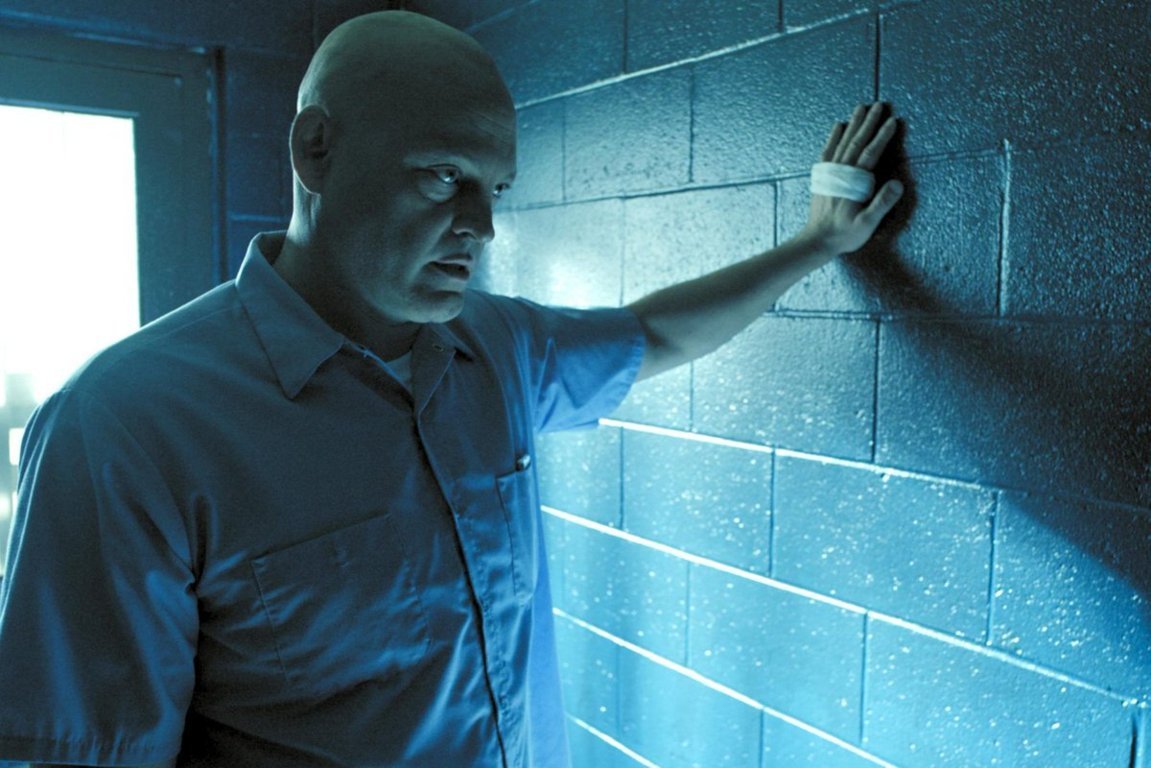
‘Horror’ recognised at the London Film Festival 2017
by Yash Saboo October 14 2017, 7:11 pm Estimated Reading Time: 3 mins, 1 sec“For a long time, there was something missing from the London Film Festival, an audience they weren't serving”, saysMichael Blyth, the curator of the Cult strand. He started the Cult strand because it seemed only time they showcased horror and science fiction. Before then, only one or two films were shown every year. Now, with a specific focus on this type of cinema, the horror genre is being taken seriously and exhibiting it in more ways.

Notably, the London Film Festival (LFF) – traditionally known for featuring niche world cinema – has accepted these scary/terrifying flicks with open arms, horror making up a significant percentage of the most talked-about films.
Some of these films include The Shape of Water which is an unconventional love story between a mute woman and a strange aquatic creature. The latest film from Guillermo del Toro is a unique take on the Creature from the Black Lagoon. Another film called the Ghost Stories, the hit London play gets a big screen adaptation in this anthology horror featuring three spooky takes from Andy Nyman and Jeremy Dyson. Then comes My Friend Dahmer, an offbeat biopic about the school years of notorious serial killer Jeffrey Dahmer, based on John Backderf's graphic novel. There’s Brawl in Cell Block 99, directed by Bone Tomahawk’s S Craig Zahler and featuring some of the most violent scenes depicted on screen in recent years.
Elevated horror is a term that's getting popularity recently. An elevated horror is usually one where it's not just a base story about a killer and its victims. Since the successes of Get Out, It Follows and The Witch, the term, though, implies there’s a limit to how good normal horror movies are before they become something different. Somehow, the supernatural horror has tapped into the zeitgeist, bringing traditionally non-horror viewers to the cinema.
From The Fly to The Fog, the '80s were a great time for horror fanatics. Throughout the eighties, slashers were particularly popular. A lot of 90's films could arguably be categorized as thrillers – specifically Cape Fear, The Silence of the Lambs, and Misery – but horror has always shared DNA with the thriller genre. Although the genre has been notably successful recently, horror has nearly always had a place in mainstream cinema.
“It’s a really great year for horror and genre in general,” says Michael Blyth. He uses The Shape of Water – an Oscar frontrunner – as an example of how times have changed. “Del Toro is obviously a huge horror fan; all his work is somehow indebted to the genre. This is very much a love letter to those movies. He’s done it in a way that’s beautiful, engaging and romantic. As a result, the movie appeals to the hardcore horror crowd but has a life beyond that.”
Andy Nyman, the co-director of Ghost Stories, a ‘supernatural thriller/horror’. Nyman points to one of the most iconic horror movies ever made – George A Romero’s Dawn of the Dead – noting how the author was showing the world and how consumerism was literally turning people into the walking dead.
One thing that’s particularly interesting to Nyman is how neither horror nor broad comedies have the critical or award respect that other films often get. Despite being mainstream, there’s traditionally been a certain amount of snobbery regarding horror, something Dyson elaborates on. Thankfully, things are changing and genre films are being more recognised and celebrated on the festival circuit.




-173X130.jpg)

-173X130.jpg)
-173X130.jpg)

-173X130.jpg)
-173X130.jpg)
-173X130.jpg)